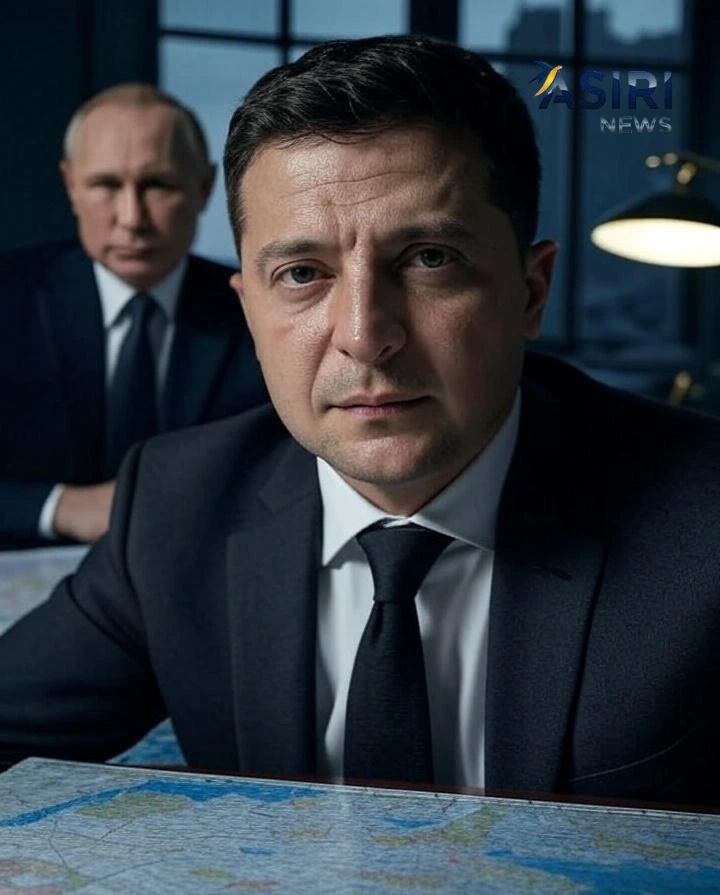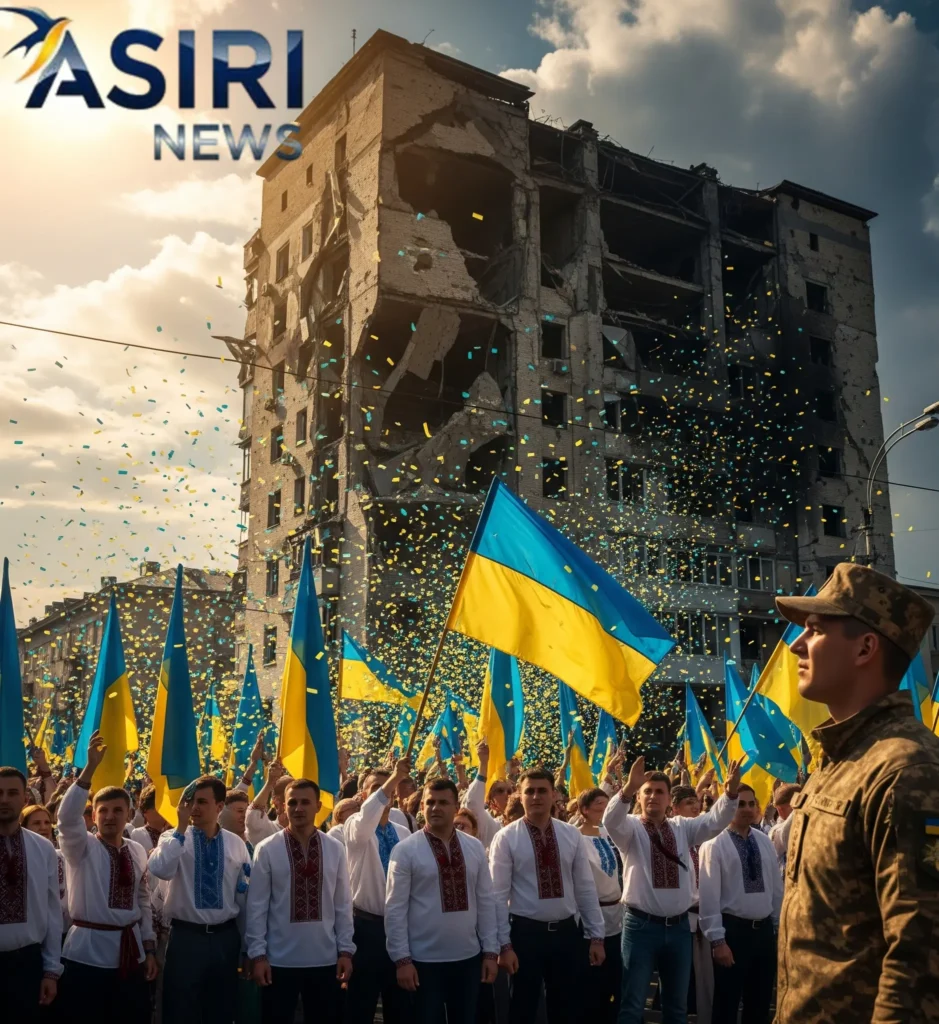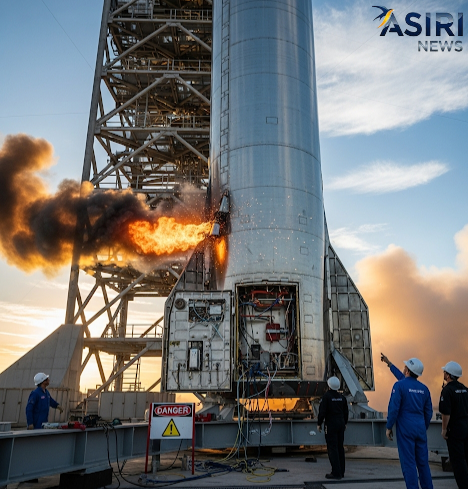In a significant setback to international peace efforts, Ukrainian President Volodymyr Zelensky has outright rejected a proposal for a 40-kilometer buffer zone between Ukrainian and Russian forces, a plan reportedly being considered by European leaders. Zelensky argued that the concept does not reflect the realities of modern warfare, which is dominated by drone technology, and dismissed the idea as being proposed by those who “do not understand” the current conflict.

The proposal, outlined in a Politico report citing five European diplomats, suggested a demilitarized strip of land patrolled by up to 60,000 international peacekeepers. However, Zelensky said a de-facto “dead zone” already exists because of the constant threat of drone strikes. “Today, our heavy weapons are located at a distance of more than 10km from each other, because everything is hit by drones,” he stated. He added that if Russia truly wanted a greater distance from Ukraine, they could simply retreat from the temporarily occupied territories.
Zelensky’s comments come amid a wave of renewed diplomatic efforts from the U.S. to broker a peace deal. Last week, President Donald Trump met with Zelensky and European leaders in the White House, sparking hopes of a possible summit with Russia’s Vladimir Putin. But those hopes appear increasingly remote. German Chancellor Friedrich Merz stated that a meeting was “unlikely” and that Putin showed “no interest” in ending the war. This sentiment was tragically underscored by a massive Russian aerial assault on Kyiv that killed 23 people, including four children, in one of the biggest aerial attacks of the war.
The attack, which saw 629 drones and missiles fired at the Ukrainian capital, prompted outrage from European leaders. The EU’s foreign policy chief, Kaja Kallas, condemned the strikes as a “deliberate escalation,” while France’s President Emmanuel Macron accused Russia of “terror and barbarism.” In a meeting with Trump’s special envoy, Steve Witkoff, Zelensky’s chief of staff, Andriy Yermak, welcomed U.S. peace initiatives but lamented that each one was being stalled by Moscow.
The current diplomatic impasse and the rejection of the buffer zone proposal suggest that a peaceful resolution remains distant. The core issues—including Ukraine’s territorial integrity, its bid for NATO-like security guarantees, and Russia’s stated security interests—remain unresolved, leaving the future of the conflict as uncertain as ever.



